Tourist attractions are basically elaborate photo ops. Sure, they’re gorgeous and historically significant, but they tell you zilch about how actual people live their lives. Spending three hours in line to glimpse the Mona Lisa won’t teach you anything meaningful about French culture, whereas wandering through a Saturday morning market shows you exactly how Parisians select their cheese and argue about politics.
Authentic cultural experiences happen in everyday spaces where locals handle mundane tasks, celebrate ordinary moments, and build community connections. These encounters can’t be purchased with entry fees or reserved through booking platforms. They demand curiosity, adaptability, and comfort with uncertainty—yet they offer genuine understanding rather than manufactured memories.
Here is a list of 17 cultural activities that connect you with real, local life instead of curated tourist performances.
Attend Local Religious Services
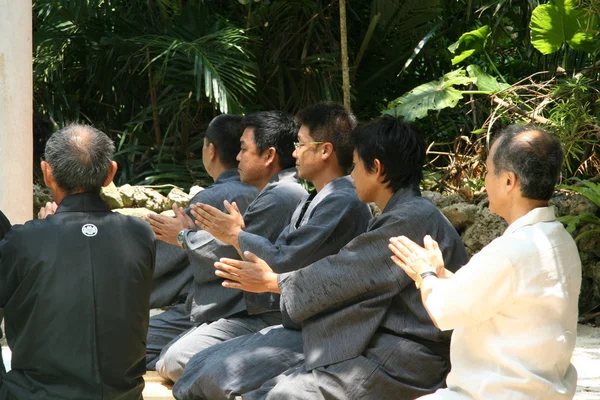
Religious communities typically welcome respectful visitors during regular worship, providing rare glimpses into spiritual practices that shape entire societies. Whether it’s Friday prayers at neighborhood mosques, Sunday service at small-town churches, or meditation sessions at Buddhist temples, these gatherings reveal belief systems and social bonds that tourist sites completely miss.
Dress codes matter, silence is golden, and the experience often proves surprisingly moving.
Shop at Traditional Markets
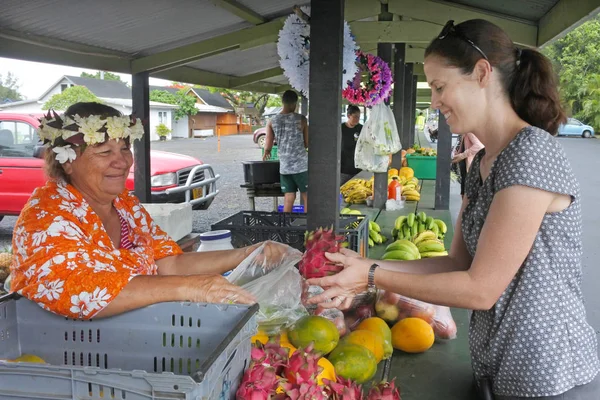
Skip the souvenir bazaars designed for camera-wielding tourists. Track down markets where grandmothers buy vegetables, teenagers hunt for bargain clothes, and families stock up on weekly essentials—these places pulse with economic reality and social rhythms. Early morning fish markets smell terrible but showcase coastal culture.
Weekend farmers’ markets reveal agricultural traditions. Bustling urban markets demonstrate negotiation styles that define entire cultures.
Like Travel Pug’s content? Follow us on MSN.
Take Public Transportation During Rush Hour
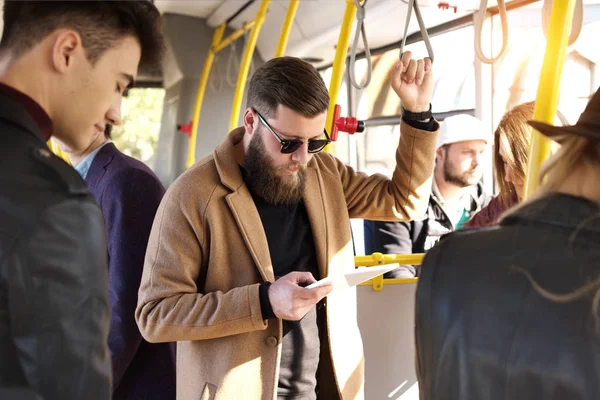
Nothing reveals urban character quite like cramped subway cars at 8 AM on Tuesday. Commuter behavior patterns, smartphone etiquette, and personal space boundaries vary dramatically between cultures—observations that explain so much about social norms.
Plus, you’ll master navigation systems most tourists avoid, learning how cities actually move their populations around. Rush hour conversations offer linguistic lessons that phrase books never cover.
Attend Community Sports Events

Local soccer matches generate an atmosphere that professional stadiums can’t replicate, though ticket prices won’t devastate travel budgets either. Neighborhood rivalries, fan traditions, and halftime entertainment showcase community identity in ways that tourist attractions simply cannot.
Basketball courts in urban areas, cricket matches in former British colonies, volleyball tournaments on beaches—each sport carries cultural significance beyond the game itself.
Visit Neighborhood Barbershops or Hair Salons
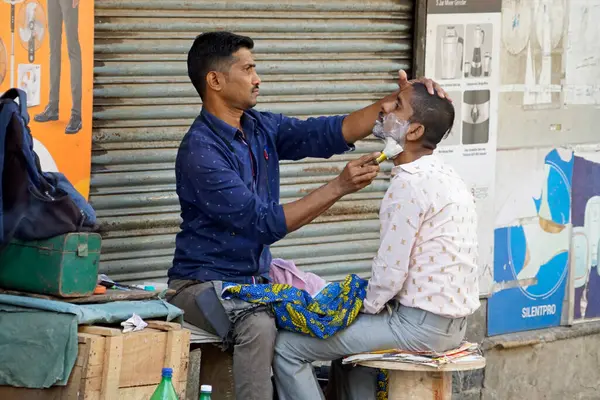
These establishments function as unofficial community centers where politics get debated, gossip circulates, and friendships develop over months and years. Barbers often speak multiple languages—making them excellent cultural interpreters for curious visitors.
The haircut becomes secondary to conversations about local issues, family dynamics, and neighborhood changes. Beauty standards, grooming rituals, and social hierarchies all emerge through casual salon chatter.
Like Travel Pug’s content? Follow us on MSN.
Join Cooking Classes Led by Home Cooks

Restaurant chefs teach professional techniques—but home cooks share family secrets, regional variations, and cultural stories that culinary schools never address. Many locals offer kitchen lessons for reasonable fees, creating intimate exchanges impossible in commercial settings.
Grocery shopping becomes part of the experience, revealing ingredient preferences and seasonal eating patterns. Family photos on refrigerators tell stories while onions caramelize.
Participate in Volunteer Activities
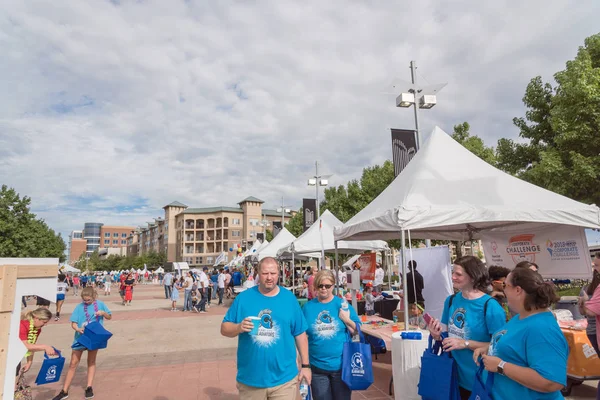
Community gardens need weeding, beaches require cleanup, literacy programs welcome tutors, and volunteer work creates collaborative relationships that transcend typical tourist dynamics. Contributing labor generates goodwill while providing insight into local challenges and solutions.
Environmental projects reveal conservation attitudes. Educational volunteering exposes learning priorities. Social services demonstrate community support systems that official tourism never mentions.
Explore University Campuses
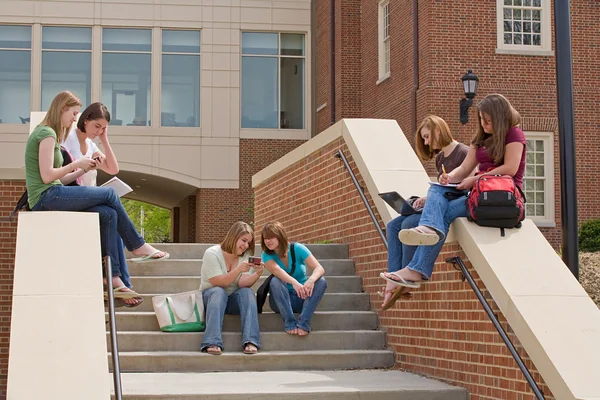
College environments reflect educational philosophies, architectural preferences, and youth culture in ways that tourist districts deliberately avoid. Public lectures, student art exhibitions, campus museums, and academic performances often welcome visitors, frequently with free admission and international perspectives.
University bookstores, cafeterias, and study spaces showcase intellectual life that complements but differs from tourist-focused cultural presentations.
Like Travel Pug’s content? Follow us on MSN.
Attend Local Government Meetings
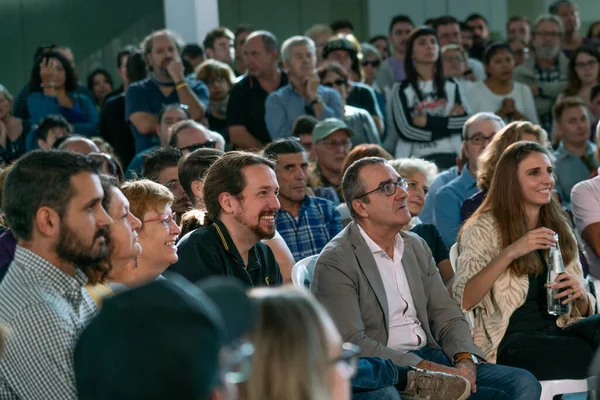
City council sessions, planning commission hearings, and town hall gatherings reveal democratic processes and civic engagement levels unique to specific places. Most meetings welcome public observers—though procedures and participation styles vary enormously between cultures.
Current controversies, budget priorities, and decision-making approaches demonstrate governance philosophies that shape daily life for residents.
Visit Working Neighborhoods During Business Hours
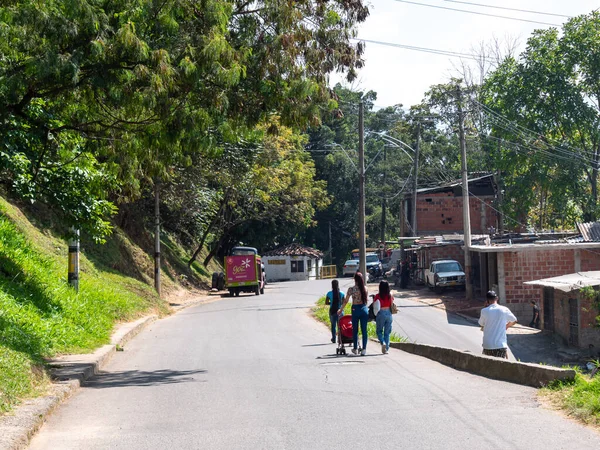
Residential districts and commercial zones away from tourist corridors show how cities function for year-round inhabitants rather than vacation visitors. Office buildings, apartment complexes, local banks, and neighborhood businesses create rhythms entirely different from vacation areas, revealing economic structures and social patterns invisible in tourist zones.
Learn Traditional Crafts From Artisans
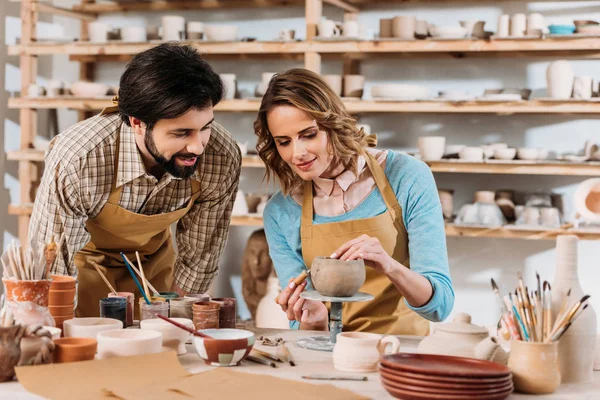
Master craftspeople creating pottery, textiles, woodwork, or jewelry using ancestral techniques often enjoy sharing knowledge with genuinely interested visitors. These interactions preserve cultural traditions while building personal connections that transcend language barriers.
Watching skilled hands shape clay or weave fibers provides meditative experiences that contrast sharply with the typical sightseeing pace. Plus, you might discover hidden talents.
Like Travel Pug’s content? Follow us on MSN.
Participate in Language Exchange Programs
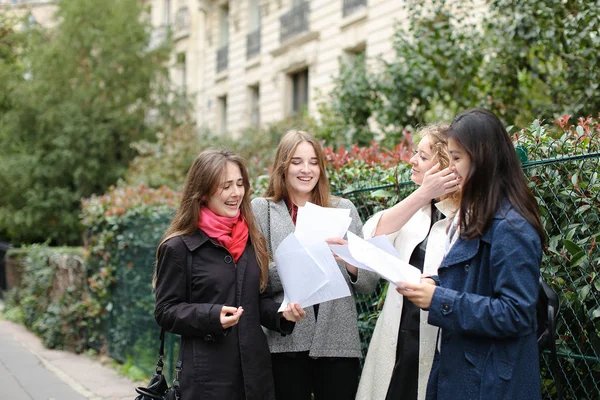
Coffee shops, community centers, and universities frequently host language meetups where locals practice foreign languages with international visitors. These sessions create reciprocal learning opportunities—help with English pronunciation while improving your Spanish grammar.
Conversations naturally cover cultural differences, current events, and personal experiences that guidebooks rarely address honestly.
Visit Public Libraries
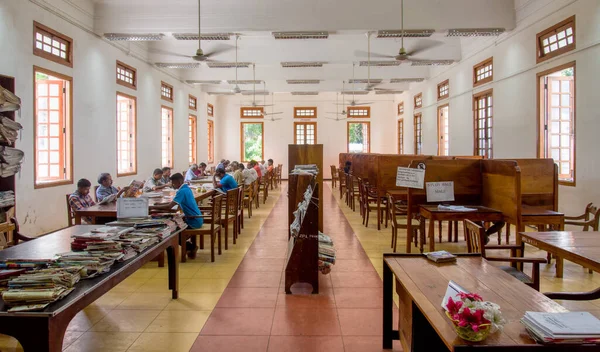
Modern libraries serve as community hubs offering far more than book collections—they host cultural events, provide technology access, and create neutral spaces where diverse populations interact comfortably. Reference librarians recommend local authors, historical resources, and upcoming cultural programs.
Many libraries showcase regional art, maintain community archives, and offer language learning resources that illuminate local priorities.
Attend Neighborhood Festivals
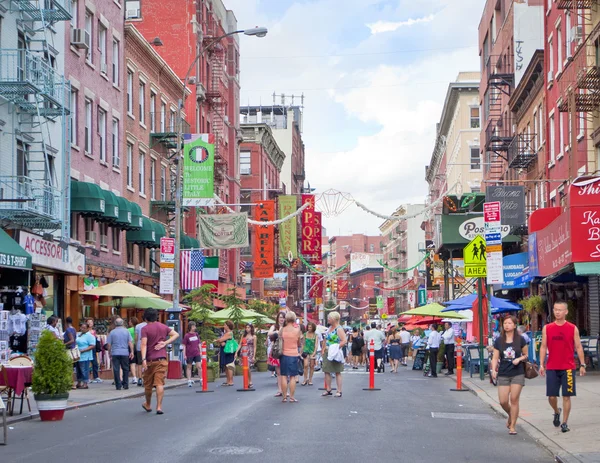
Small-scale celebrations in residential areas prioritize community building over tourist revenue. Block parties, religious observances, seasonal celebrations, and cultural heritage events create authentic social experiences featuring homemade food, amateur musicians, and intergenerational gatherings that commercial festivals can’t authentically replicate.
These events reveal what communities actually value and celebrate.
Like Travel Pug’s content? Follow us on MSN.
Explore Local Cemeteries

Historic burial grounds reveal cultural attitudes toward mortality, family structures, religious practices, and artistic expression in surprisingly profound ways. Gravestone designs, burial customs, and memorial traditions reflect deep cultural values that influence living communities.
Older cemeteries often contain graves of locally significant figures whose contributions shaped regional development, offering historical perspectives unavailable elsewhere.
Visit Community Centers and Senior Centers
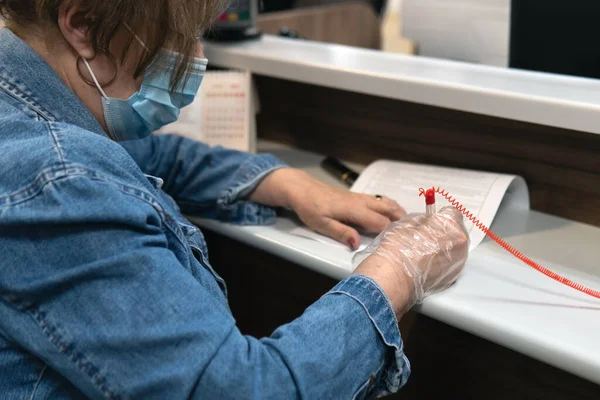
These gathering places host cultural programming, social services, and intergenerational activities that demonstrate community support systems often invisible to tourists. Senior centers particularly welcome visitors interested in local history, while community centers provide insight into current social programs, volunteer networks, and neighborhood challenges that affect daily life.
Attend Local Educational Workshops
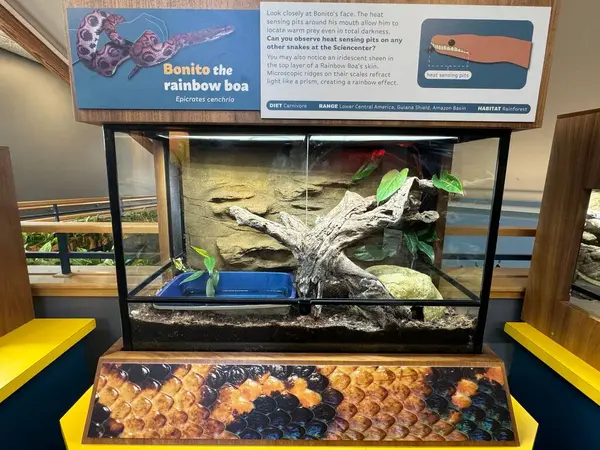
Art centers, libraries, community colleges, and cultural organizations offer workshops covering everything from traditional music to modern technology skills. These classes attract local residents pursuing personal interests, creating opportunities to meet people outside the tourism industry while learning skills that communities actually value.
Workshop participants often extend conversations beyond class time.
Like Travel Pug’s content? Follow us on MSN.
When Observation Becomes Participation
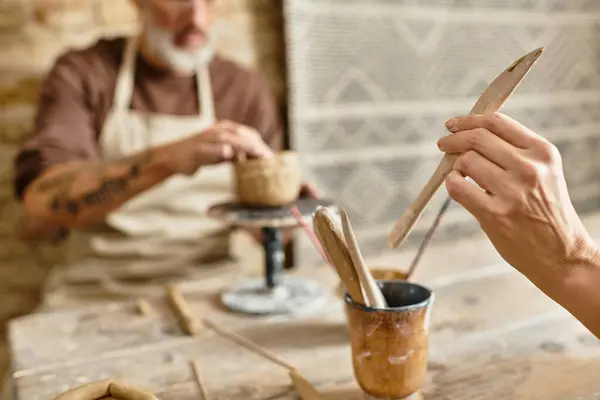
The modern tourism industry has convinced travelers that culture can be consumed like entertainment, turning living traditions into performances and reducing complex societies to Instagram-friendly highlights. But genuine culture isn’t something you observe from tour buses or purchase with admission tickets. It’s how people organize their daily routines, solve collective problems, maintain relationships, and create meaning in ordinary moments.
Real cultural understanding develops through participation rather than observation. The most transformative travel experiences happen when tourist-local barriers dissolve and authentic human connections form around shared activities, mutual curiosity, or common goals that transcend nationality and language differences.
More from Travel Pug

- 20 Best Beach Towns in the Carolinas
- 13 Destinations Where Tourists Regularly Regret Their Trip
- 20 Things You Actually Get in First Class
- 20 Small Airports With Aviation Museums
- 20 Places in the U.S. That Are Perfect for a Reset Trip
Like Travel Pug’s content? Follow us on MSN.
